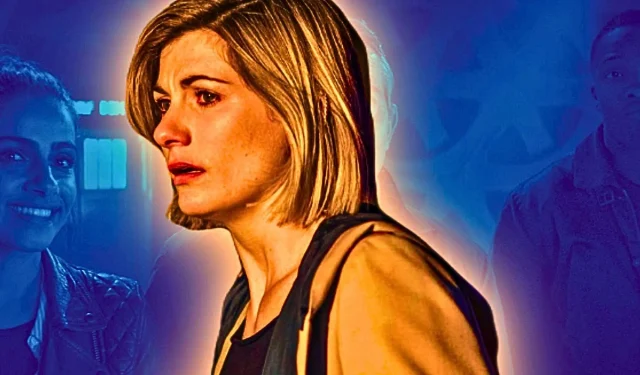
For years, speculation regarding a female Doctor in the iconic British series Doctor Who circulated, but it wasn’t until Jodie Whittaker stepped into the role as the Thirteenth Doctor that it became a reality. As the first woman to embody this beloved character, Whittaker received acclaim for her vibrant portrayal, characterized by a refreshing energy and an engaging personality. However, her tenure was overshadowed by showrunner Chris Chibnall’s contentious “Timeless Child”narrative, which significantly altered the established lore of Doctor Who. Thus, Whittaker’s groundbreaking role can be seen as a combination of triumph and disappointment.
Throughout the show’s extensive history, there were moments where the possibility of a female regeneration seemed almost within reach. Despite numerous attempts and discussions behind the scenes, the decision to maintain the Doctor’s traditional male persona endured longer than many had hoped. This adherence to tradition raises questions about the creative direction of a series that has otherwise embraced change in various aspects.
Tom Baker’s Vision for a Female Doctor in 1980
Speculation from British Tabloids
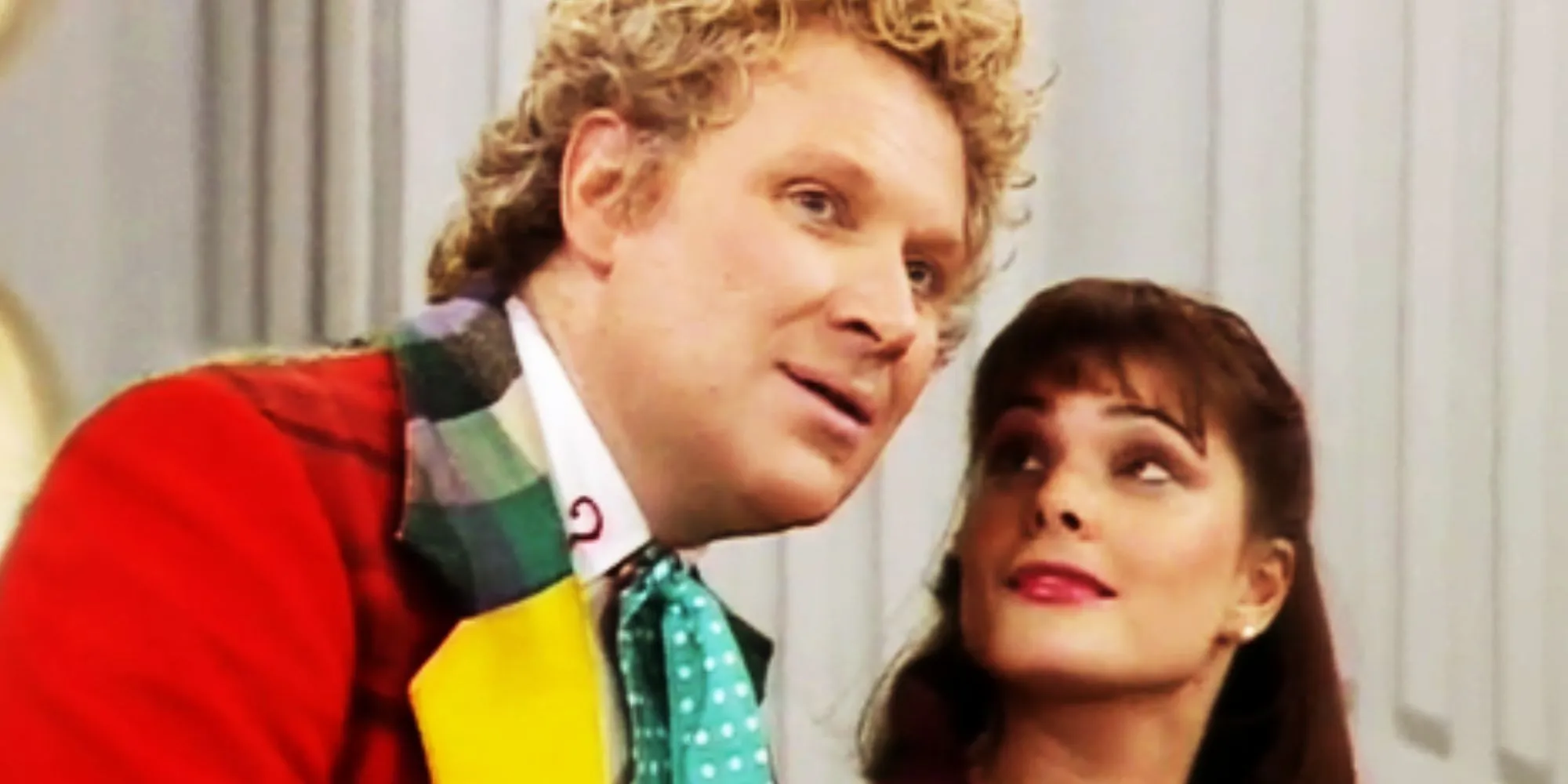
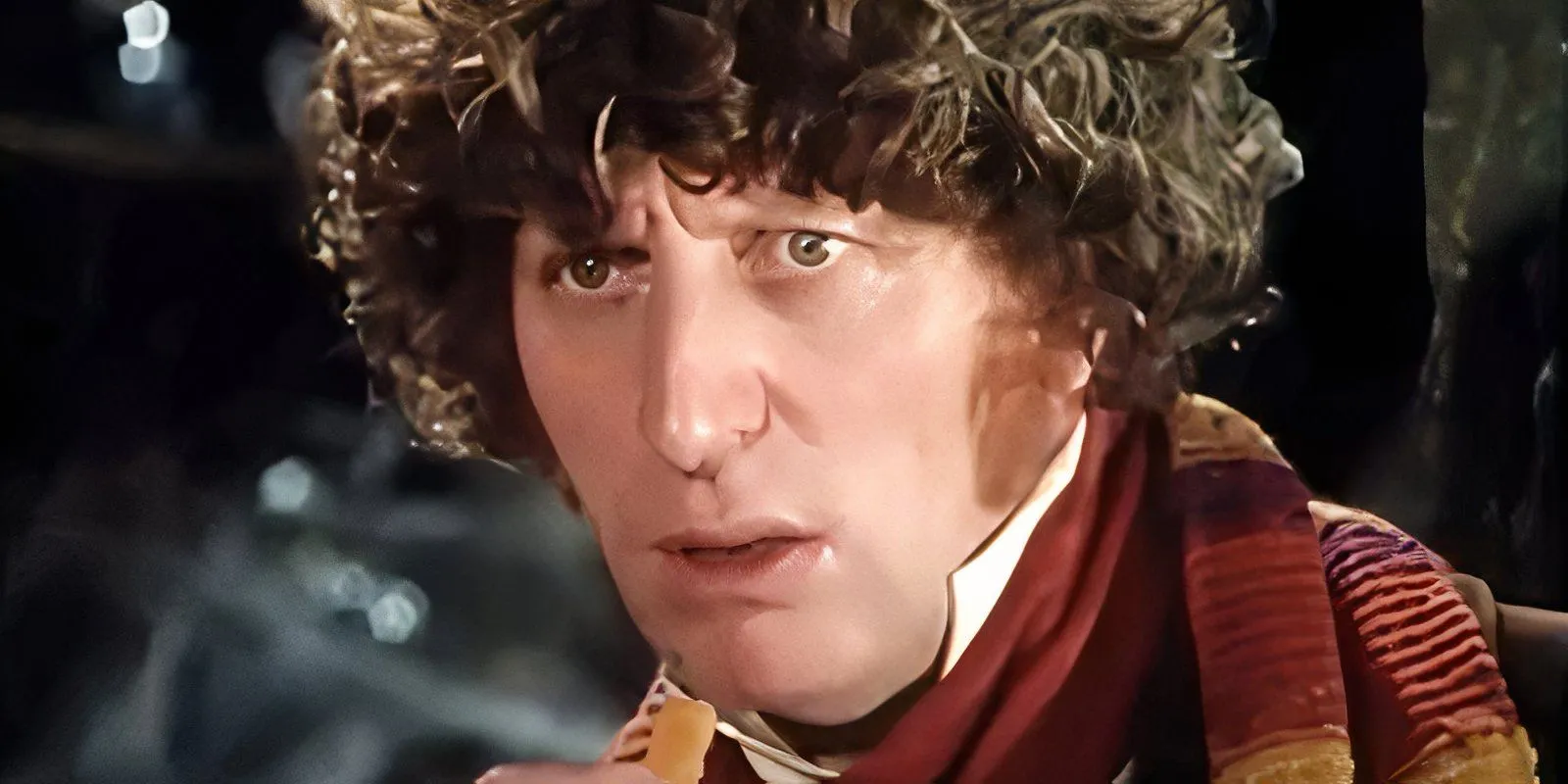
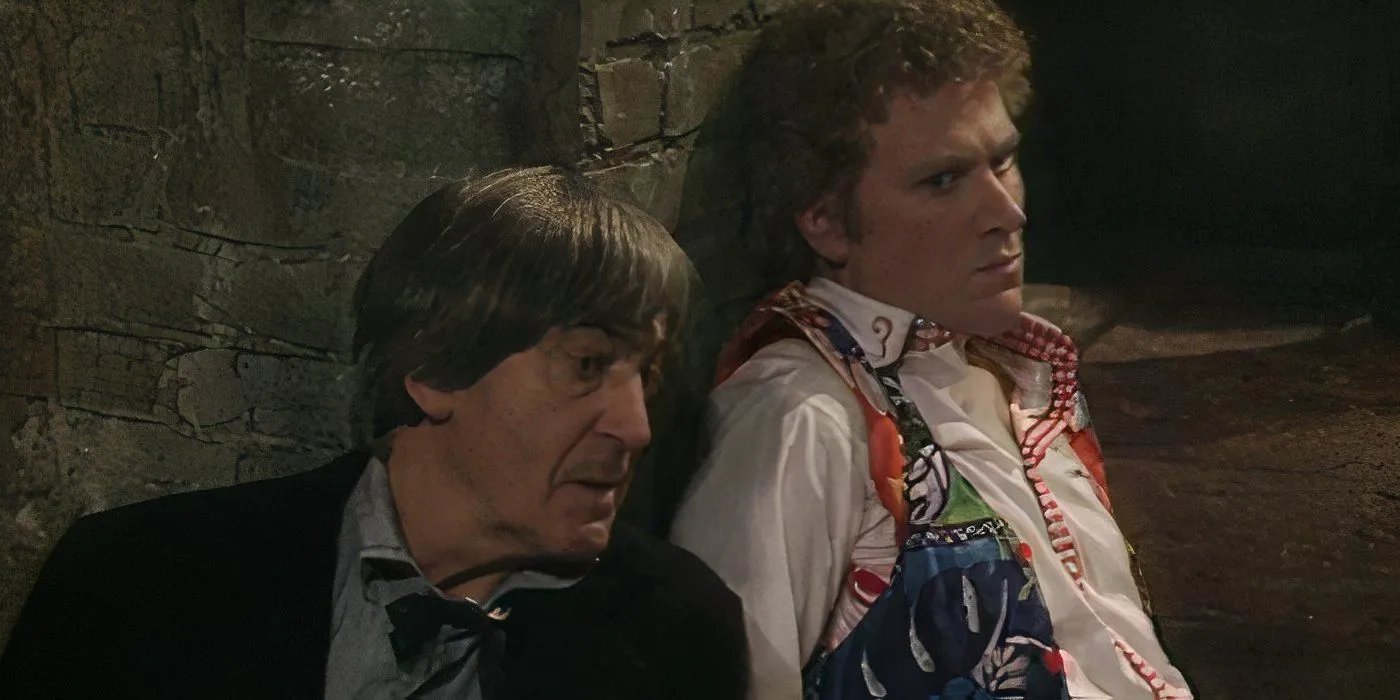
While the British sensationalist press frequently speculated about potential casting for the next Doctor, serious discussions regarding a female counterpart ignited in 1980. This was triggered when Tom Baker, who portrayed the Fourth Doctor, announced his departure from the role. In reflecting on his exit, he acknowledged, “It’s time for me to let another man – or woman for that matter – have a go. After all, there’s no reason why Doctor Who should always be a man.”This statement caught the media’s attention, with the Daily Express famously proclaiming, “And Now For Miss Who?”in its October 25, 1980 edition (via Bleeding Cool).
A few years after Baker’s statement, another significant moment emerged when Doctor Who co-creator Sydney Newman proposed the idea of a female Doctor. This was during Colin Baker’s run as the Sixth Doctor, when Newman envisioned a storyline that would feature Patrick Troughton returning as the Second Doctor for a short arc before transitioning into a female form. At this stage, several actresses including Frances de la Tour, Joanna Lumley, and Dawn French were considered for the role.
The BBC’s Reluctance to Cast a Female Doctor
Unconvincing Explanations
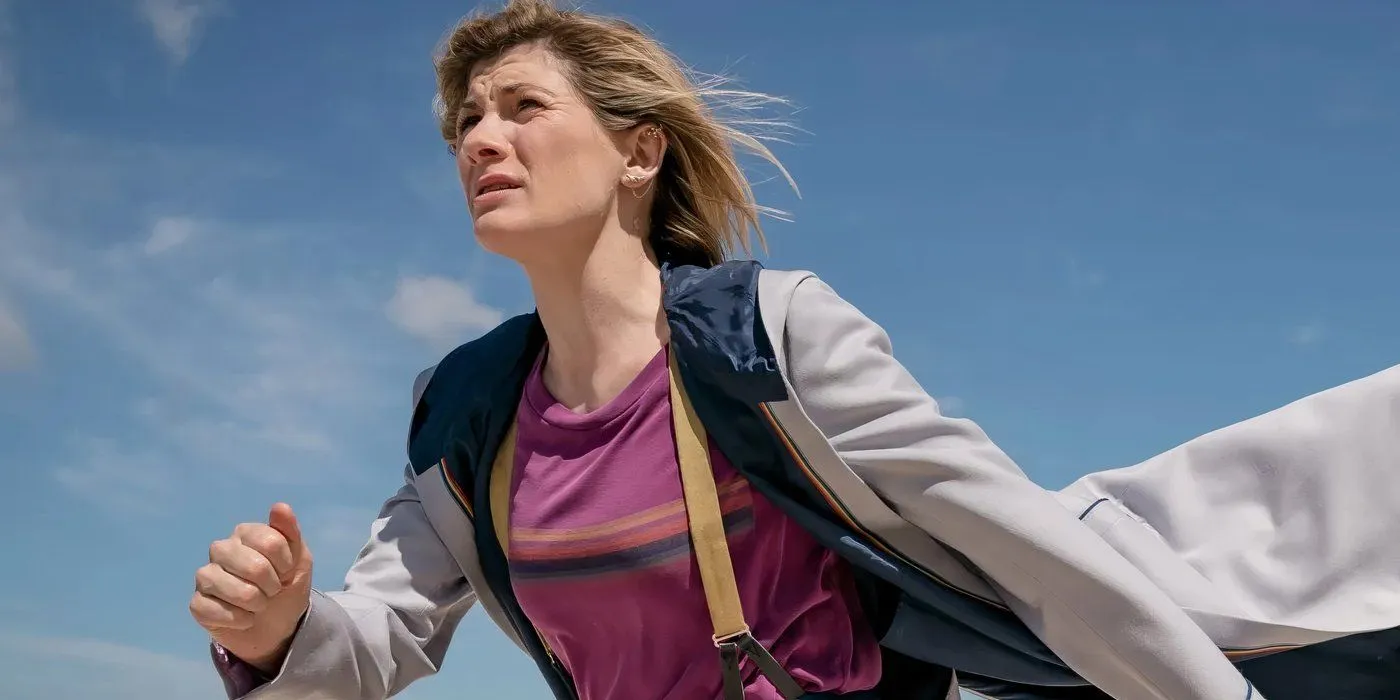
Unfortunately, the prospect of a female Doctor was ultimately dismissed due to a conflict between Newman and Jonathan Powell, then Head of Drama at the BBC. Their poor meeting resulted in the decision to cast Sylvester McCoy as the next incarnation instead. Following this, the original run of Doctor Who was canceled within three years, attributed to declining viewership and signs of stagnation, which highlighted Newman’s earlier sentiments about revamping the storied program.
With the show reemerging in 2005, there were fresh hopes for a female Doctor. Dame Judi Dench was reportedly considered for the role of the Ninth Doctor, a part that eventually went to Christopher Eccleston. Later, when questioned by media on the absence of a female lead, former showrunner Steven Moffat stated, “I didn’t not cast a woman, I cast a man,”emphasizing his desire to cast actors he felt were right for the role (via BBC Radio 4).
On the surface, the reasoning provided for the absence of a female Doctor—primarily the quest for the “right person for the job”—seems inconsistent when considering the near-50-year duration without a female lead. As Doctor Who finally embraced the notion of a female Doctor, Jodie Whittaker’s tenure was met with mixed reactions, largely due to the controversial choices made under Chibnall’s leadership. It may be time for the series to consider appointing a female showrunner to bring a fresh perspective.
Source: Bleeding Cool, BBC Radio 4




Leave a Reply